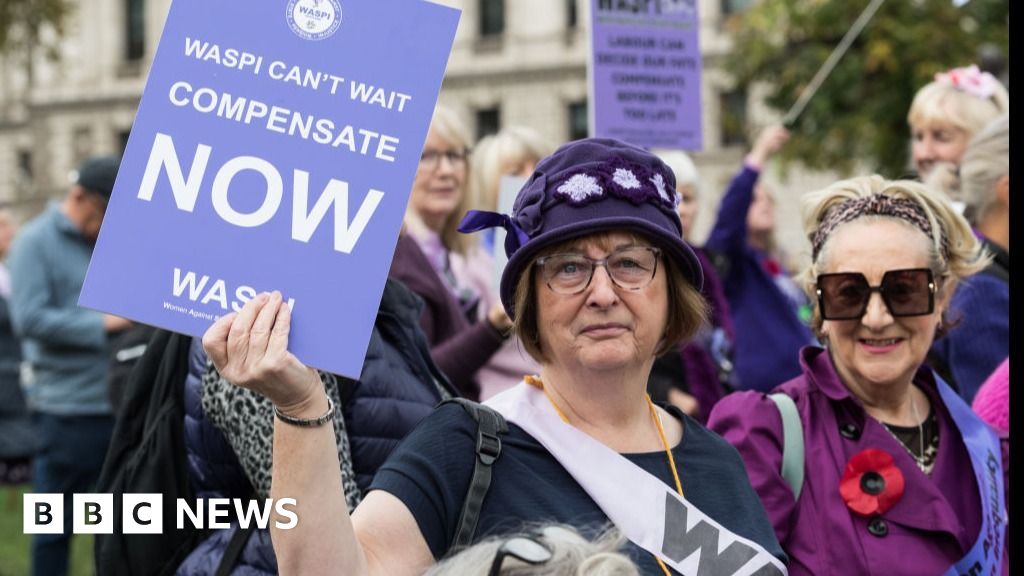A campaign group has threatened the government with legal action unless it reconsiders its decision to refuse compensation to millions of women affected by an increase in the state pension age.
The Women Against State Pension Inequality (Waspi) group is demanding payouts for 3.6m women born in the 1950s who were not properly informed of changes first introduced in the 1990s.
The government apologised that the changes were not communicated quickly enough but told the BBC it “cannot justify paying for a £10.5 billion compensation scheme at the expense of the taxpayer”.
WASPI chair Angela Madden said: “We believe this is not only an outrage but legally wrong.”
The “letter before action” that has been sent to the government is a formal mechanism to allow it a chance to respond before the campaigners seek a judicial review at the High Court in two weeks time.
Last year the parliamentary ombudsman recommended payouts of up to £2,950 each because of a 28-month delay in writing to inform the women affected of the changes.
Waspi campaigners have claimed women suffered financial hardship and had to rethink retirement plans.
However in December, Work and Pensions Secretary Liz Kendall apologised for the delayed communications but said there was “considerable awareness” of the changes to the pension age. She said sending letters earlier would not have made a difference to their ability to make retirement choices.
Her claim there was no direct financial loss could now be examined in court if the campaigners get approval for their judicial review.
Ms Madden said: “The government has accepted that 1950s-born women are victims of maladministration, but it now says none of us suffered any injustice.”
With no compensation forthcoming she said: “The alternative is continued defence of the indefensible but this time in front of a judge.”
The Waspi group has also launched a crowd-funding campaign to try and cover an estimated £75,000 in legal fees.
If the women were to win their case it is estimated it could cost the government as much as £10.5bn.
With government finances already under strain because of weak economic growth and higher borrowing costs, Sir Keir Starmer has said “the taxpayer simply can’t afford the burden” of compensation.
The changes were first decided in 1995 when the then Conservative government sought to equalise the age at which men and women received their state pensions, aiming that by 2020 everyone would have to wait until their 65th birthday.
However in the aftermath of the global financial crisis in 2010, the Conservative-Lib Dem coalition decided to speed up the changes, to reduce the overall cost of the state pension.
Other countries have made similar decisions in recent years – however the UK government did not communicate its change quickly enough and the impact of that could now be examined in court.
A government spokesperson told the BBC on Sunday it accepted the ombudsman’s finding of maladministration and had apologised for the 28-month delay in writing to 1950s-born women.
“However, evidence showed only one-in-four people remember reading and receiving letters that they weren’t expecting and that by 2006, 90% of 1950s-born women knew that the state pension age was changing.
“Earlier letters wouldn’t have affected this.”
















Leave a Reply